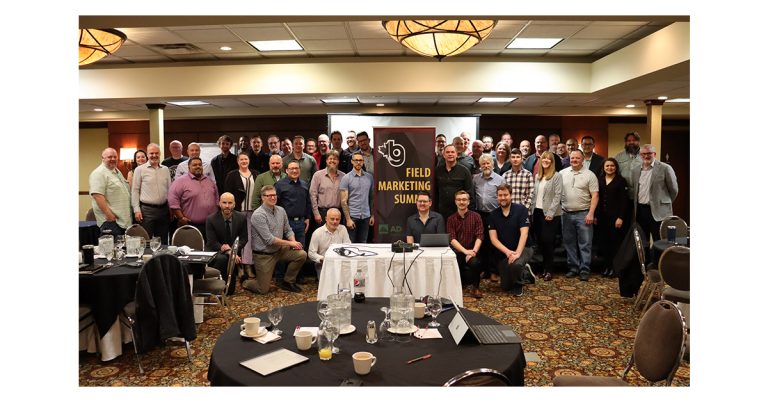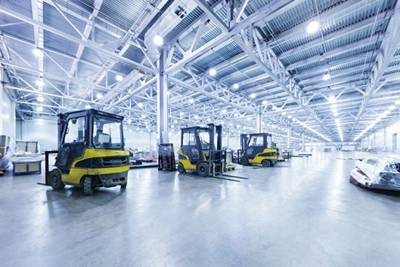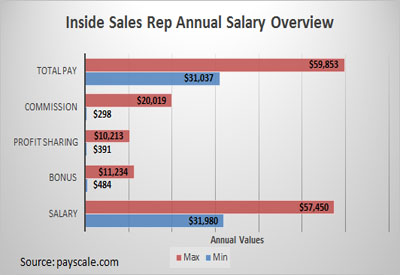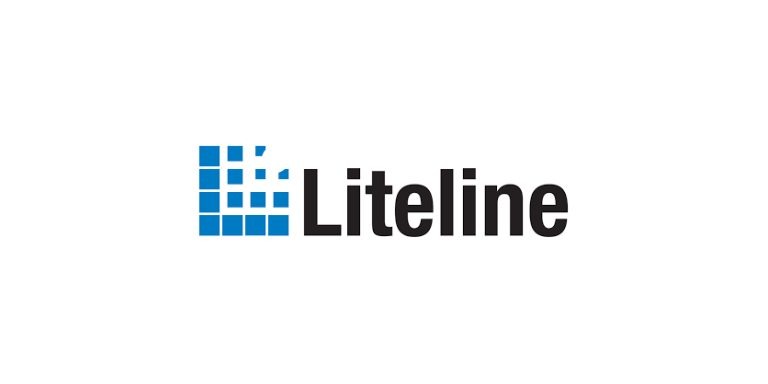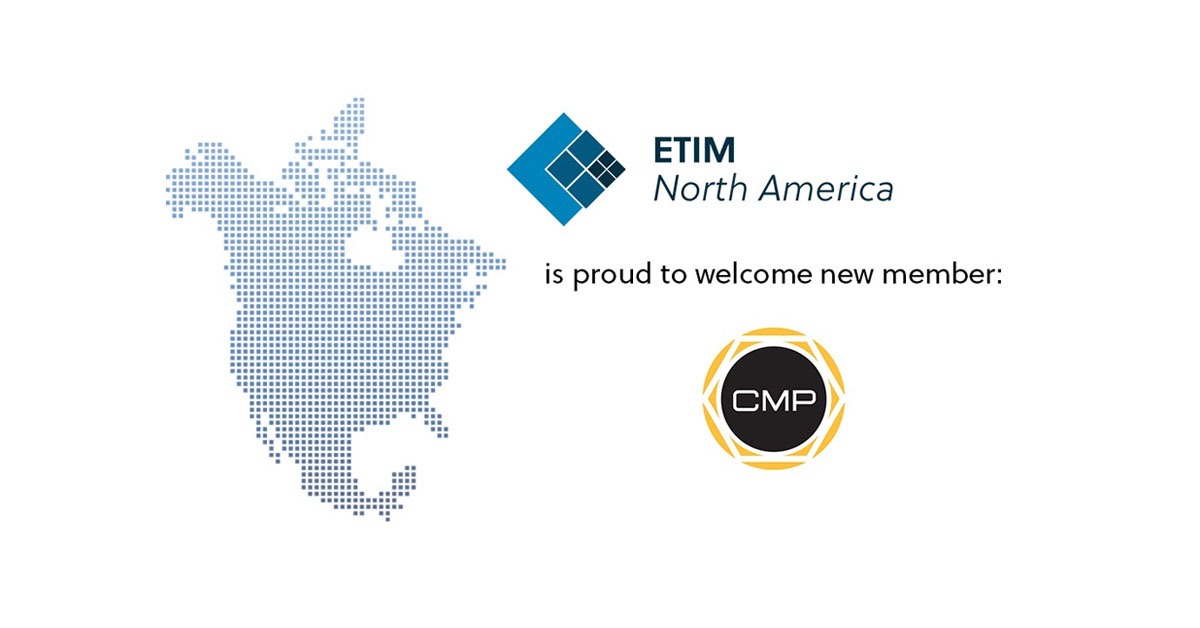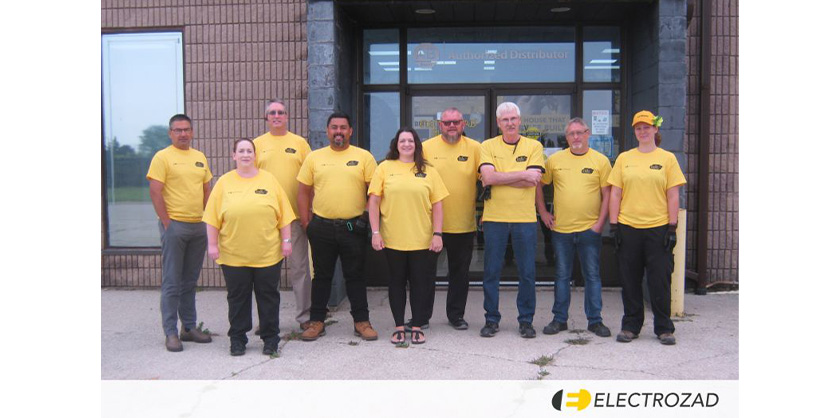Artificial Intelligence Gets Smarter
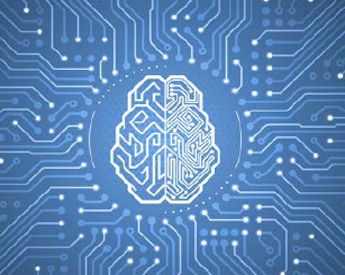
February 7, 2018
Heather Clancy
Stephen Hawking fears it. Elon Musk begrudges it. Mark Zuckerberg embraces it. There is no shortage of smart people willing to offer their sometimes dire, sometimes optimistic opinions about how humankind’s future will be reshaped by computers and software using some sort of artificial intelligence (AI).
If there’s one thing upon which the naysayers and yeasayers agree, it’s that AI is already more real than many people realize. A whopping 70% of the companies surveyed this year by Forrester Research plan to use some form of AI by the end of this year. It’s tough to think of a tech giant that isn’t making AI research a priority: Alphabet (through DeepMind and Google), Amazon, Apple, Facebook, IBM and Microsoft are throwing literally millions of dollars at this opportunity.
You already use AI every day, whether you realize it or not. Consider the chatty personal assistant in your smartphone. The AI built into your handheld gadget is programmed to learn more about your habits — and the nuances of your individual speech patterns — over time. Those fraud alerts you receive from credit card companies, or shopping hints from e-commerce sites? They are made possible by software trained to observe your activity over time — in the form of online browsing and bona fide transactions — and to make predictions behind the scenes based on knowledge it gathers about your behaviour. Many companies are investing big in AI software and skills: market researcher IDC projects global spending related to this technology at US$46 billion by 2020, compared with an estimated US$12.5 billion in 2017.
Set aside, for a moment at least, the unease many people feel about the rapid pace at which AI is advancing. Concerns about disruptions and job losses across human workforces as certain tasks become automated, the unknown question of who will make sure AI is used in an ethical manner — and how to account for diverse perspectives based on gender, race and socioeconomic factors — all deserve serious consideration. Still, it is vividly clear that the transformative potential of this technology for the sustainability movement is unlimited. The staid United Nations even has adopted a rather hopeful position. “If we are smarter and focused on win-win type of results, AI could help proficiently distribute the world’s existing resources like food and energy,” notes U.N. Deputy Secretary-General Amina Mohammed.
In the not-so-distant future, AI will play an intrinsic role in enabling and scaling sustainability solutions that today we only can dream about because the task of analyzing the data manually is too complicated. We’re talking about
- wicked systemic issues such as automating pathways to more sustainable products and building designs
- creating complex systems that detect sources of environmental pollution more quickly and precisely
- resources that can surface potential issues across a corporate supply chain or across sensitive natural ecosystems.
AI software coupled with radar, ultrasound, cameras, LiDAR and other sensors and analytics also will be crucial for the success of self-driving vehicles.
That’s the reason Tesla founder Musk is backing OpenAI, a research institute dedicated to promoting AI technologies and policies that benefit society. Musk may be leery of AI, but he’s preparing for its broader infiltration. “I think by the time we are reactive in AI regulation, it’s too late,” he says. The central promise of AI — a concept alive since the 1950s, but that has become more accessible alongside quantum leaps in low-cost computer processing power — is its capability to become smarter over time, to collect and consider millions or even billions of data points and types, then to act on that information in some active or predictive manner. It uses human guidance as a reference point but usually works on problems in the absence of human intervention.
But how do computers gain this knowledge? That’s where techniques such as machine learning come into play. As a computer gathers more and more data, its decision-making algorithms become more sophisticated. This is the behind-the-scenes brain that enables tasks such as near-real-time shopping recommendations or credit-card fraud warnings. Although the results aren’t always perfect, they would be all but impossible to support using human labour.
Machine learning is already widely used for applications that recognize speech and images, so it’s easy to envision how it could play a role in cataloguing endangered species, such as modelling how planetary ecosystems might react to catastrophic changes in the climate. An example of the latter is the EarthCube project, managed by the National Science Foundation, which is essentially a three-dimensional digital representation of Earth’s ecosystems. By changing the inputs, scientists more easily can simulate the effects of changes in atmospheric carbon dioxide.
AI is also emerging as a useful tool that companies can use to automate their response to conditions that could signal that, say, energy consumption or greenhouse gas emissions are reaching levels deemed unacceptable by management. Google uses its parent company’s DeepMind neural network algorithms — software that can mimic the cognitive processes of a human brain — to manage the power it needs for cooling computer servers and other data centre equipment. Xcel Energy has used nascent AI approaches for more than a decade to manage emissions from coal-fired power plants. More recently, the utility has begun harnessing the technology to more thoroughly forecast the best places to add renewable energy sources such as solar and wind power.
You can also expect AI to help define new paths for urban development. One top-of-mind example is the partnership between Microsoft and the Chesapeake Conservancy, an ambitious effort to create better geospatial maps across 100,000 square miles in the region. The tech colossus is using the data to “train” a future system that could be capable of visualizing land cover across the United States down to a single-meter resolution.
Numerous projects in China deserve attention — 600 cities there have declared an intention to invest in “smart” technology, including the country’s eastern capital of Hangzhou. The “City Brain” project initiated by Alibaba and Foxconn collects copious amounts of data about the city’s more than 9 million residents, and it already has contributed to noticeable improvements in urban traffic flow, according to early reports.
IBM, which has identified AI as a core pillar of its future, used Beijing as the proving ground for its Green Horizons program, a framework for sustainable urban development. Among the first applications is a sophisticated system for tracking China’s notorious air pollution using data from satellites, weather stations, environmental sensors, traffic cameras and industrial facilities. The environmental bureau receives detailed information up to 72 hours in advance, which allows it to recommend actions that could reduce the impact such as adjusting traffic flows throughout a region or decreasing industrial production.
All of this is just scratching the surface of what’s possible looking into the near term and long-term future. “Computers can, in theory, emulate human intelligence, and exceed it,” notes physicist Hawking. “Success in creating effective AI could be the biggest event in the history of our civilization. Or the worst. We just don’t know. So we cannot know if we will be infinitely helped by AI, or ignored by it and sidelined, or conceivably destroyed by it.”
The question: Is your team ready to help define the lesson plan?
Companies to watch
- Autodesk — the well-known computer aided design pioneer is exploring the potential of AI to imagine and suggest alternatives that otherwise might not be considered.
- DeepMind — bought three years ago by Alphabet for an undisclosed sum, the British company’s software is capable of playing professional level Go (a complex Chinese board game) and is also being applied to identifying breakthroughs in health care and materials science.
- IBM — the company’s Green Horizons initiative focuses on air quality management, grid integration for solar and wind resources, and energy optimization.
- Microsoft — its AI for Earth initiative is allocating US$2 million in grants and tech support to organizations applying machine learning to water conservation, agriculture, biodiversity and climate change.
- OpenAI — is on a mission to ensure that AI benefits humanity, with more than US$1 billion in early funding from the likes of Elon Musk, entrepreneurs Peter Thiel and Reid Hoffman, and computer scientist Alan Kay.
Heather Clancy is Editorial Director, GreenBiz Group.
2018 State of Green Business is published by GreenBiz Group in partnership with Trucost, part of S&P Dow Jones Indices. Download the full report: https://www.greenbiz.com/report/state-green-business-report-2018
Image source: 2018 State of Green Business.




